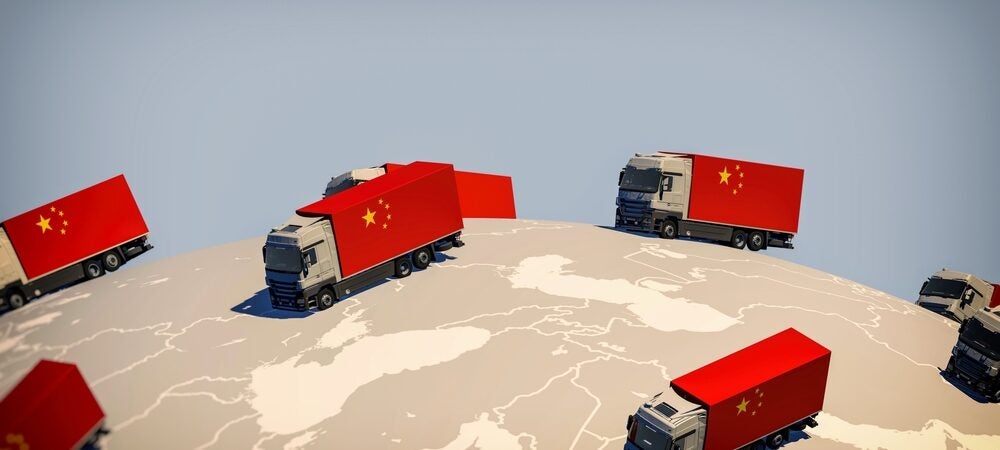The success of the global march toward “decarbonization” depends on the complicated logistics that support it, along with the convoluted strategies that form its underpinning. The process of shoring up supply chains is a prerequisite to sound strategic planning: Without robust supply chains, even the most elaborate blueprint for implementation will prove ostentatious in practice. The global push for electrification, as worthy a cause as it may be, is not immune to such realities. Indeed, the global push to electrify is creating new tensions and complexities that, if not properly managed and mitigated, will undermine the much-discussed “energy transition.” Emerging markets and developing countries are central to the “decarb” and electrification push, and are themselves maneuvering to attain advanced country status and a higher quality of life for their citizens. Minerals and the materials derived from them are at the heart of energy transition strategies, and emerging markets and developing economies are the overwhelming providers. The industrialized world brushes these realities under the rug in favor of self-aggrandizing agenda-setting, and, in doing so, engenders critical supply risks and the potential for further environmental degradation.
Widely ignored, although gaining attention, is China’s strategic positioning as a crucial gatekeeper to several key “green” technologies, including battery energy storage to support electric vehicles (EVs)—specifically, battery electric vehicles (BEVs)—along with stationary storage for power grids. China also dominates in other technologies including wind and solar components, controls, sensors, and communications—a gamut of industrial equipment, including much that is pertinent for defense. BEV designs have come to dominate the energy transition strategies of many governments along with those of large automakers and startups, since BEVs are regarded as providing the maximum reduction in tailpipe emissions. Having little of its own capacity for manufacturing traditional vehicles, and being a large (and growing) net importer of oil, natural gas, and petroleum products, China’s government and business elites have emphasized EV designs and production.
China’s powerful model of economic soft power has crept into commodity warehouses, EV factories, and everything in between, granting Chinese entities significant control over several links of these critical supply chains. In an era of unparalleled geopolitical friction, how China’s dominance will affect emissions reduction goals in places like the United States and Europe remains to be seen. Reports of human rights abuses in Xinjian and the political status of Hong Kong and Taiwan are key issues that close the door for cooperation with China on climate change. Thus, the success of EVs, much less anything else in the energy transition hopper, cannot be divorced from the geopolitics of the day. China’s inordinate influence over natural resource-producing and -exporting countries could translate to leverage in its revisionist power plays.
Accompanying the vigorous drive toward alternative energy technologies is the unavoidable pressure on the global supply of critical base metals. Nickel is no exception. In our report and case study we examine tensions in nickel supply and value chains within the context of broad aspirations to electrify transport.
research-paper-nickel-041122To read the full report from Rice University’s Baker Institute for Public Policy, please click here.

